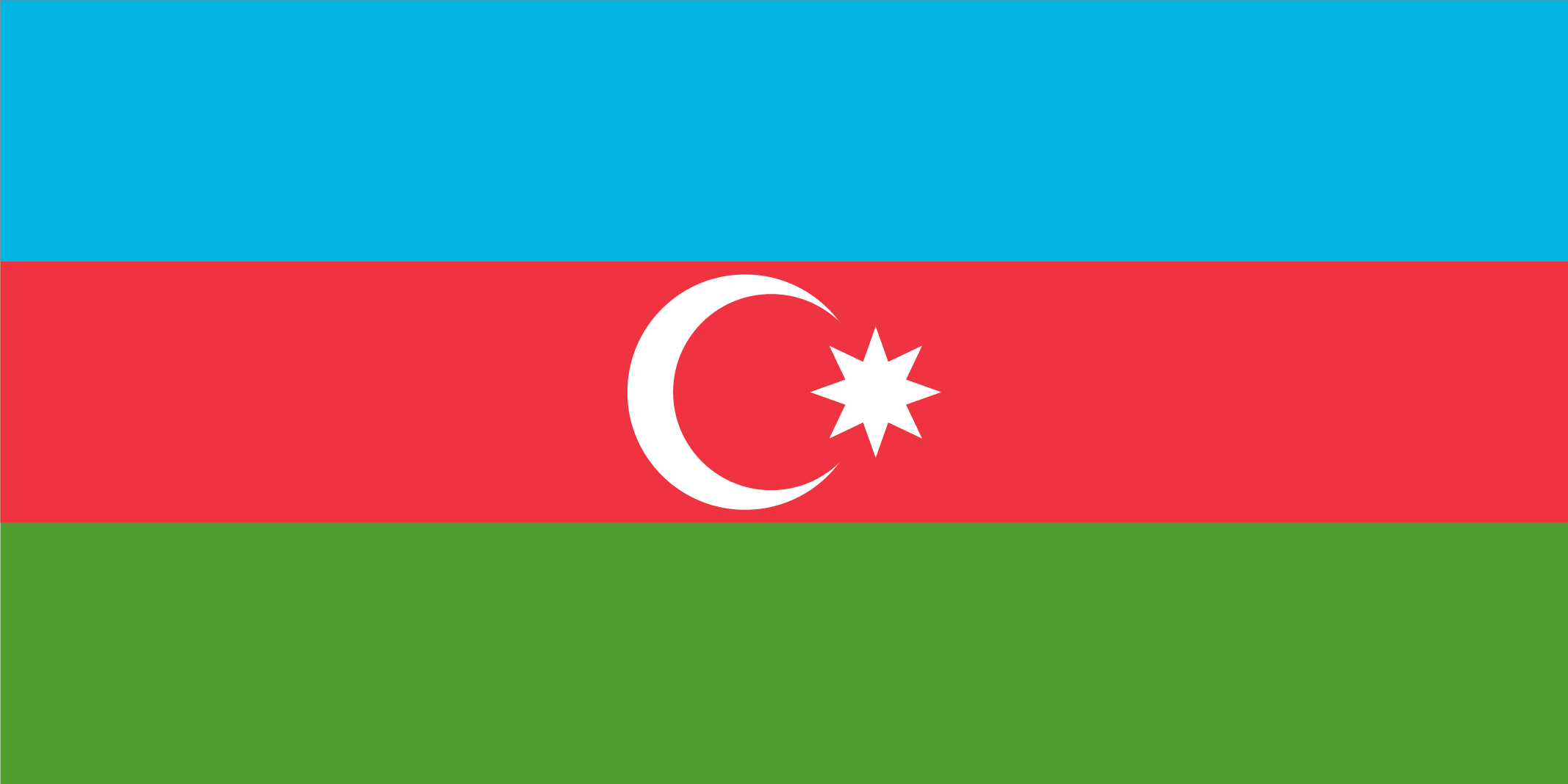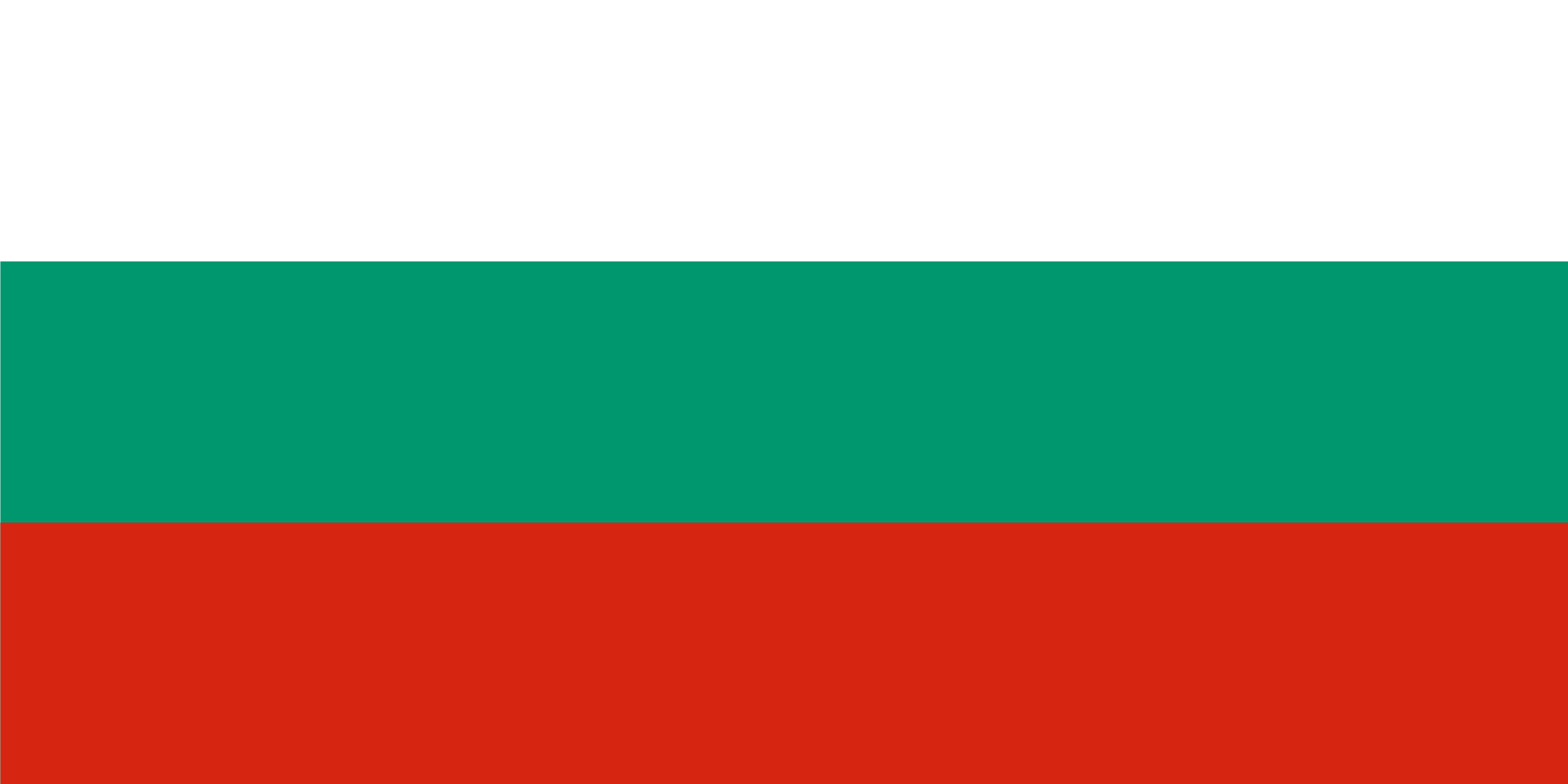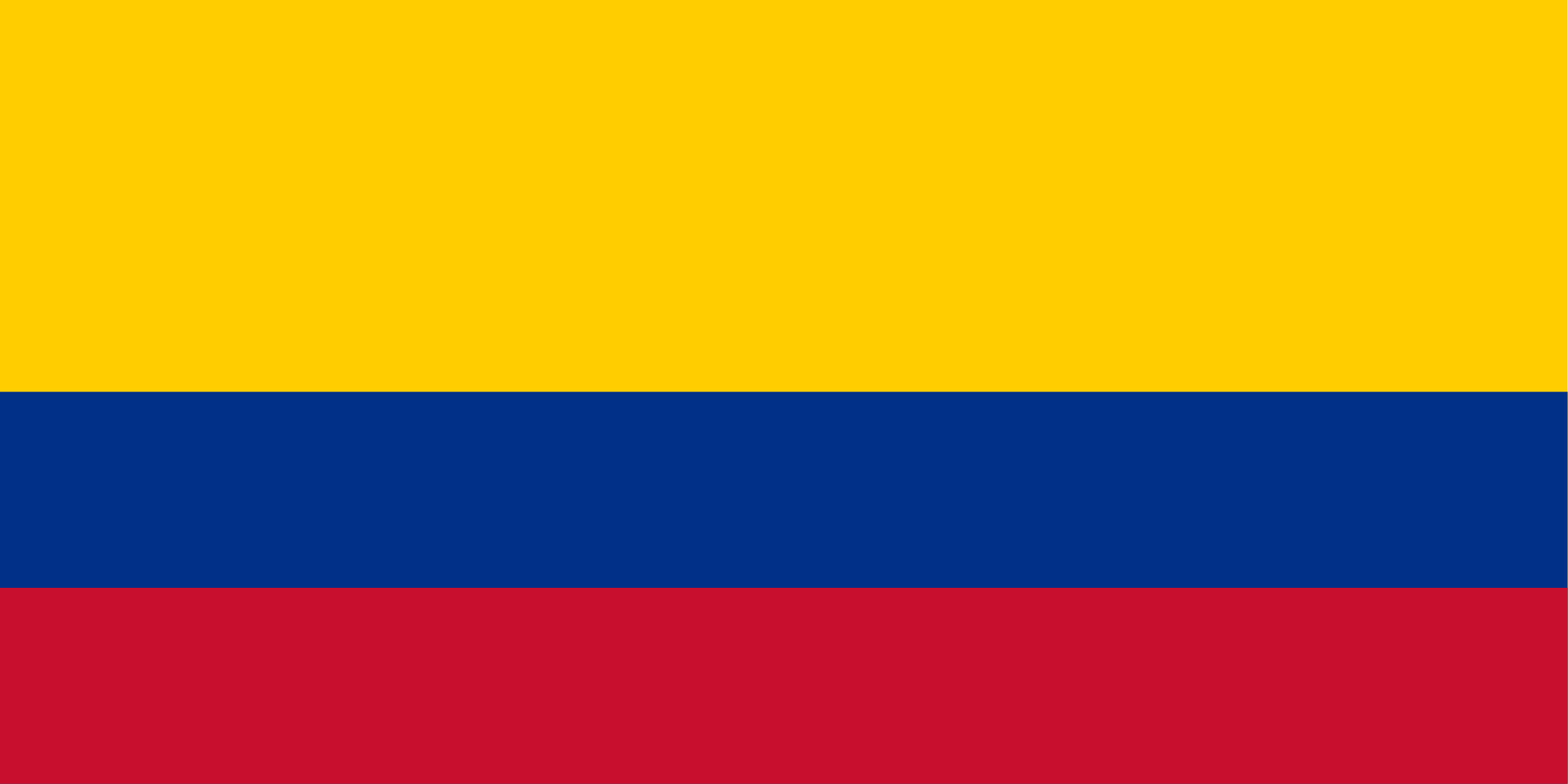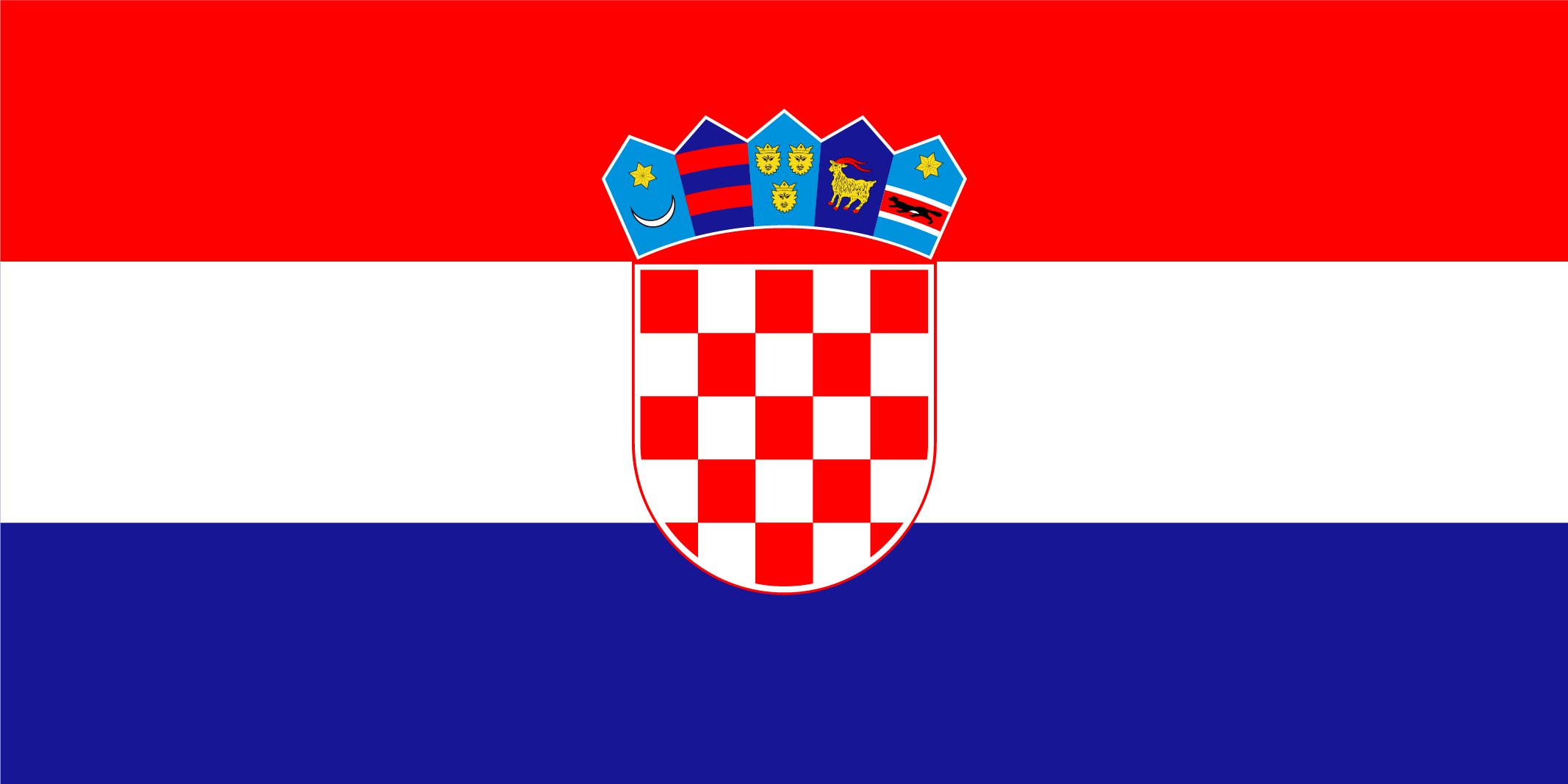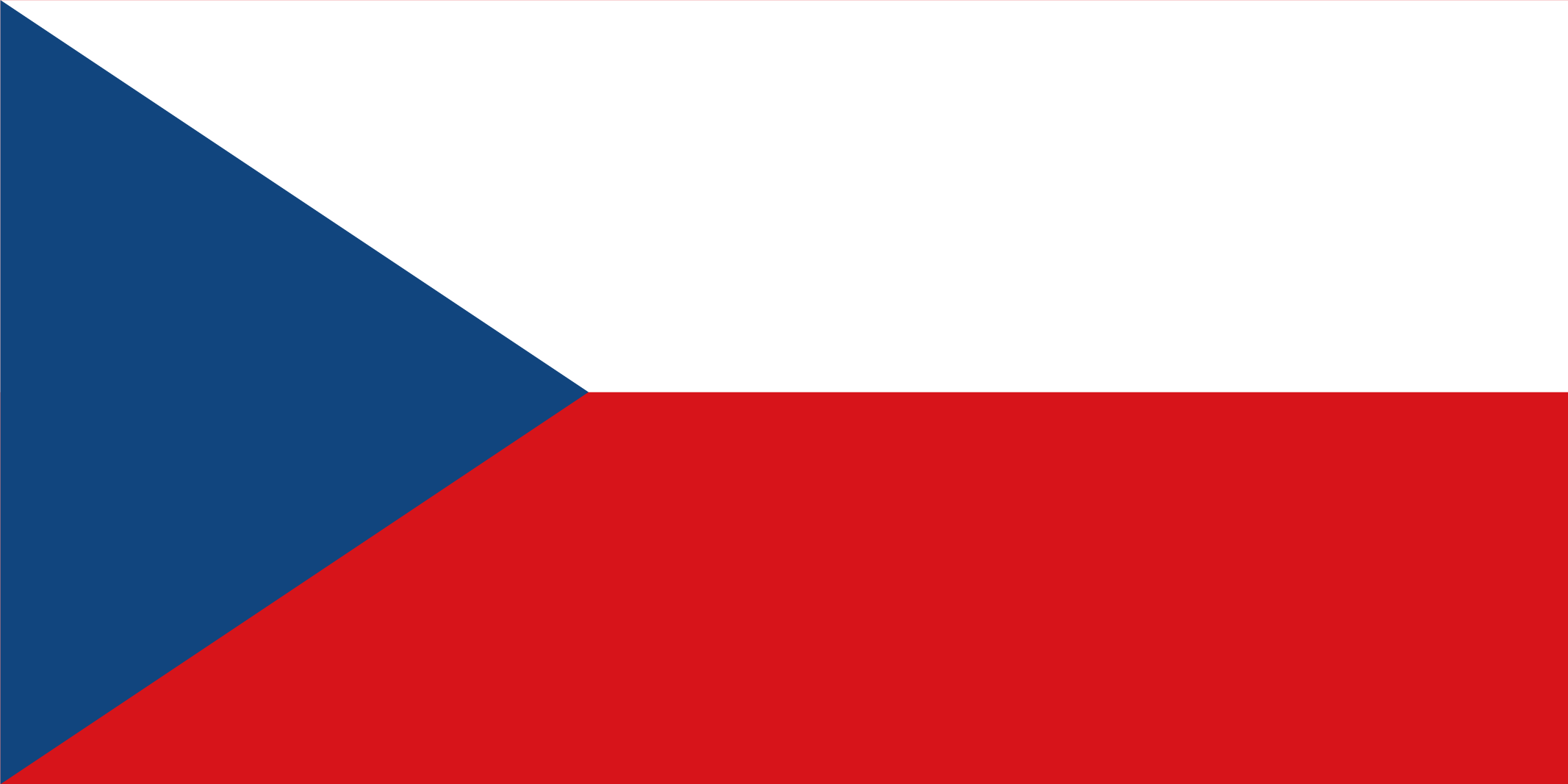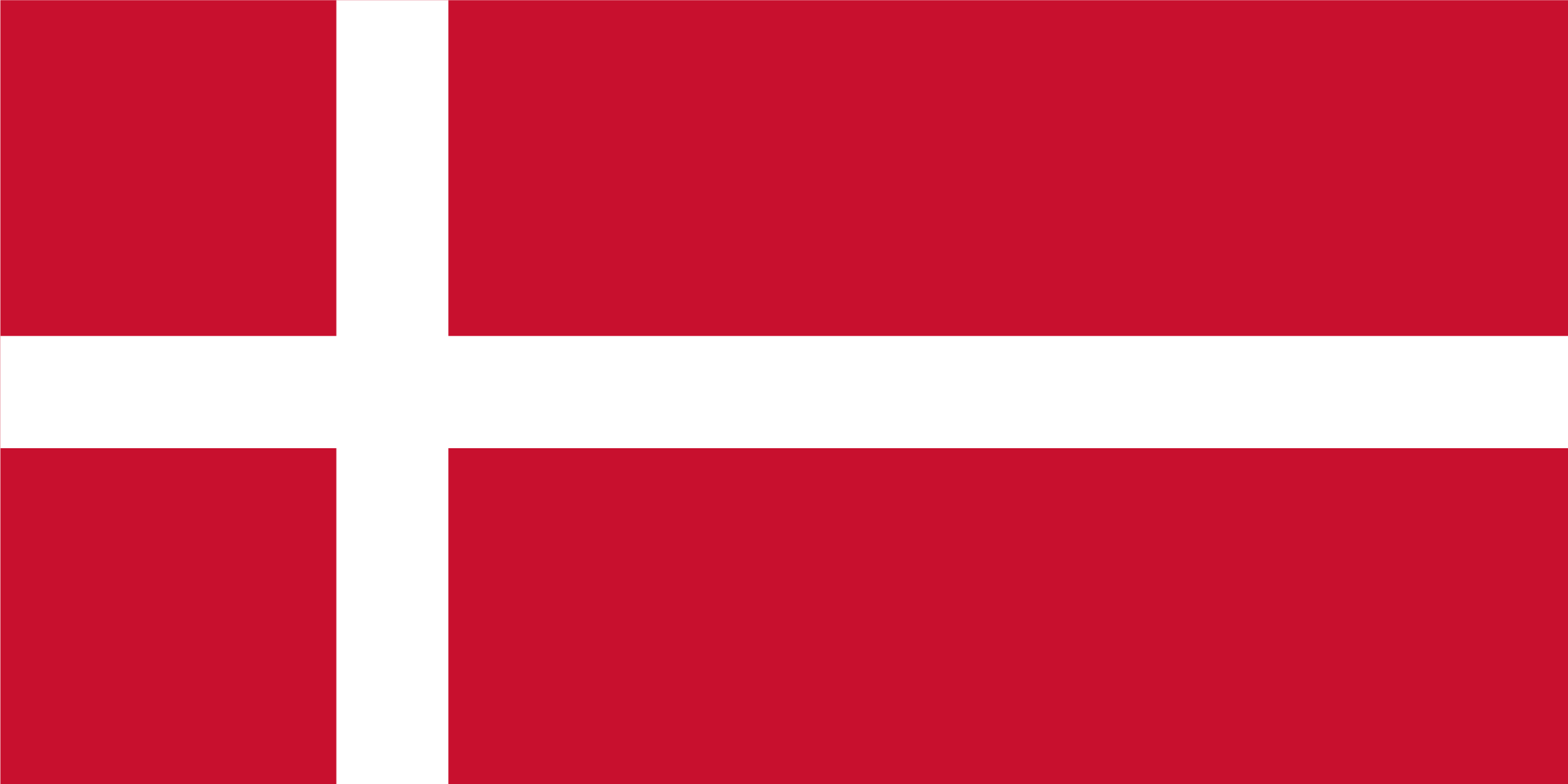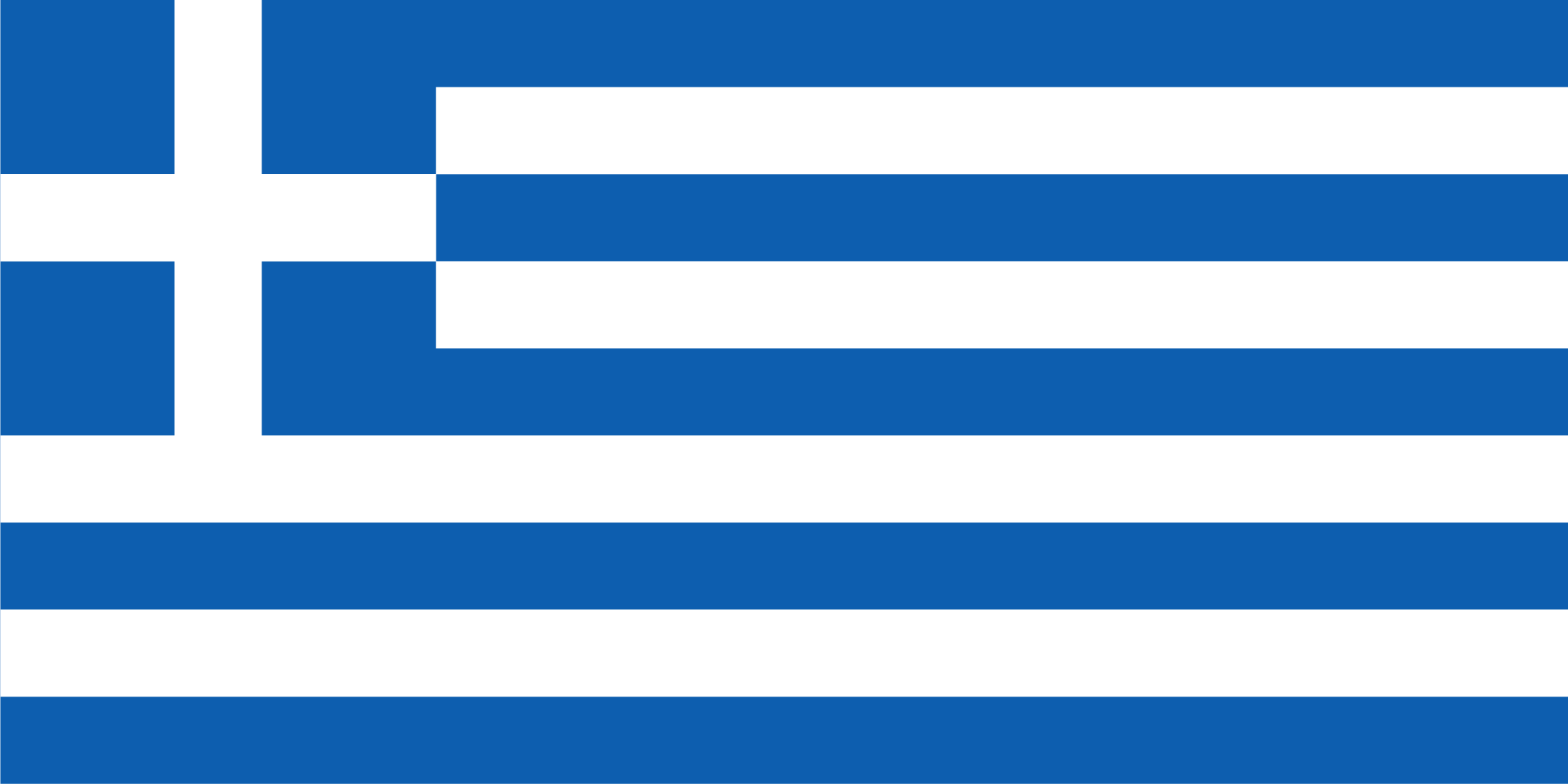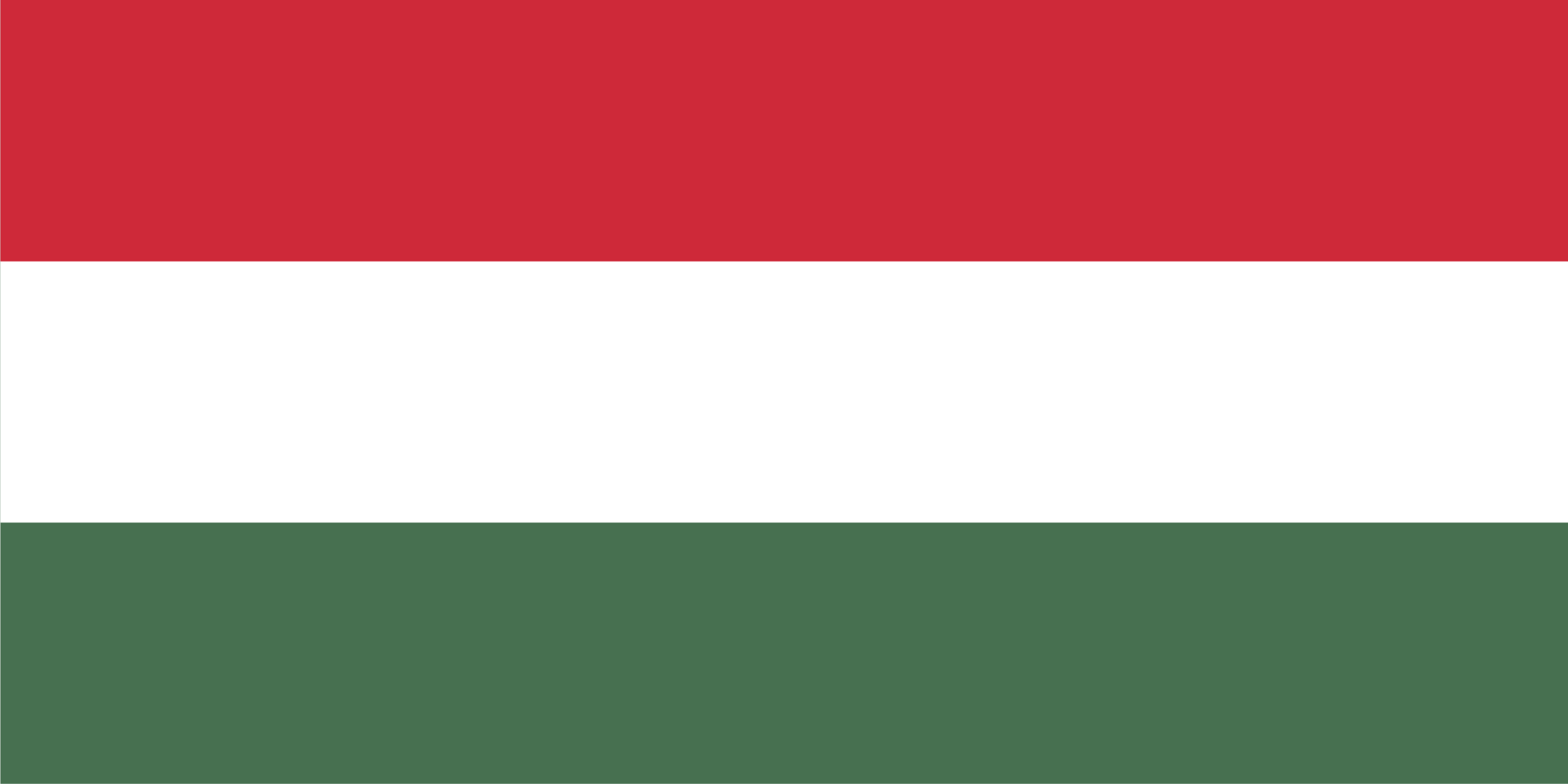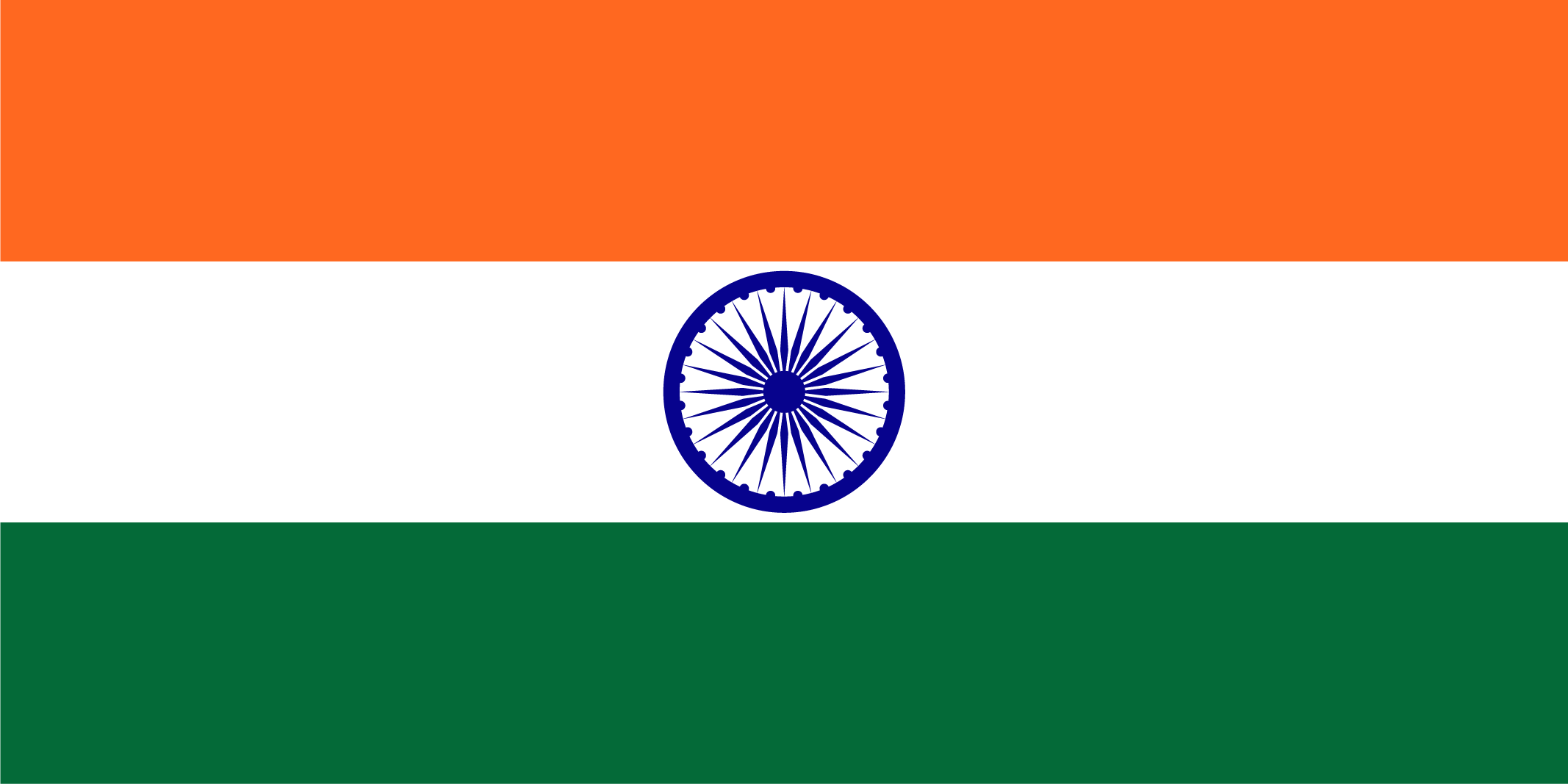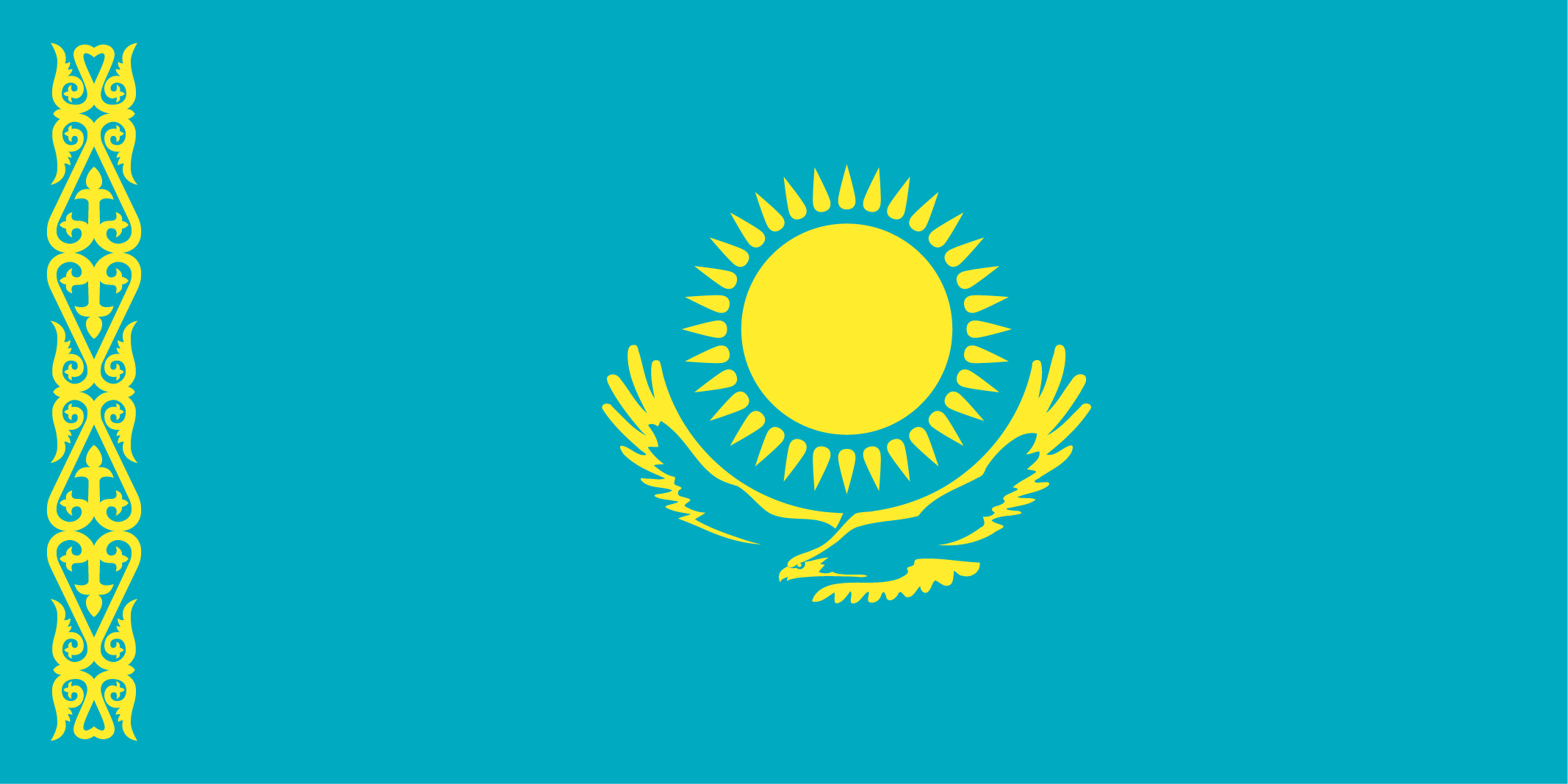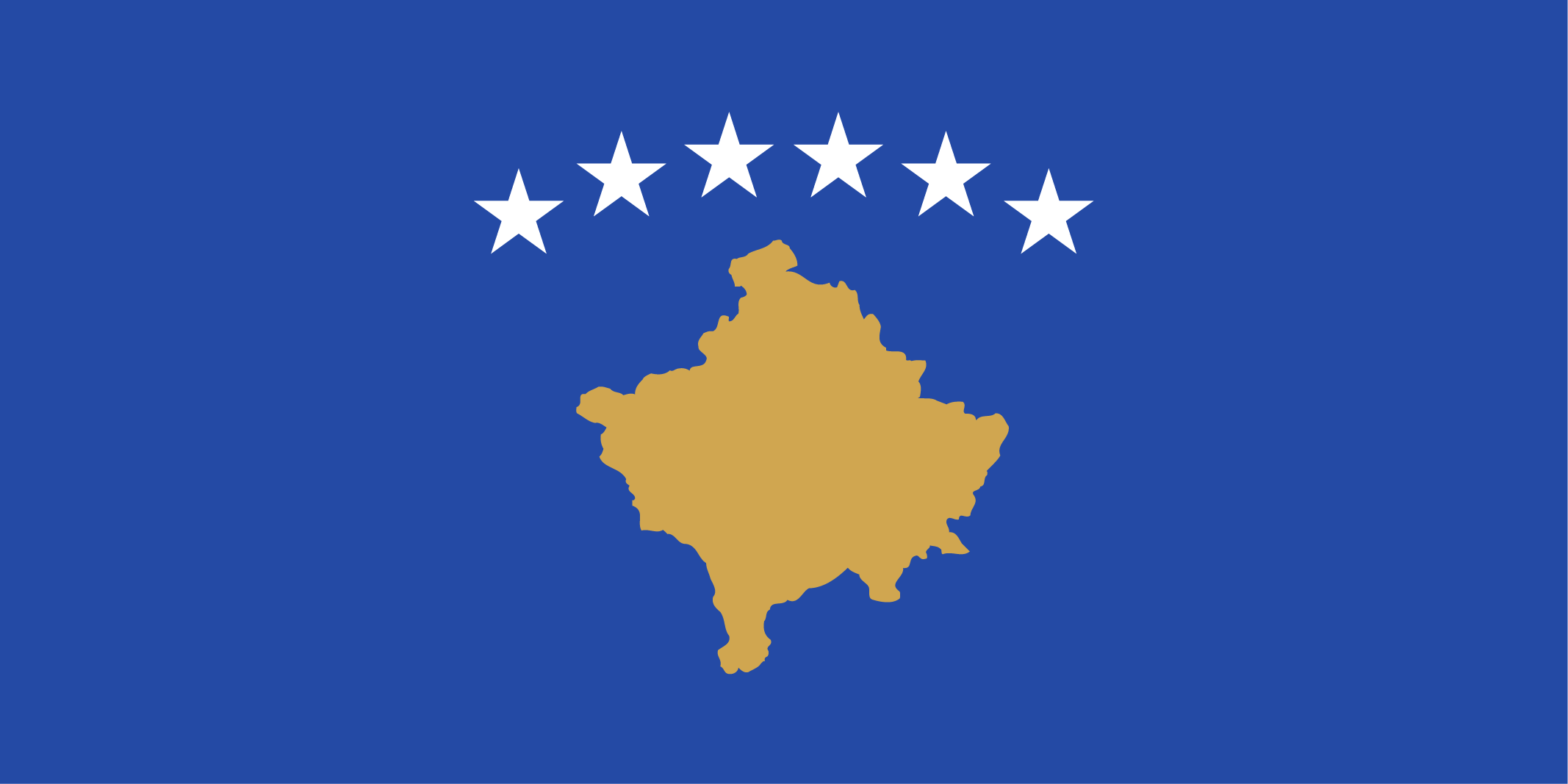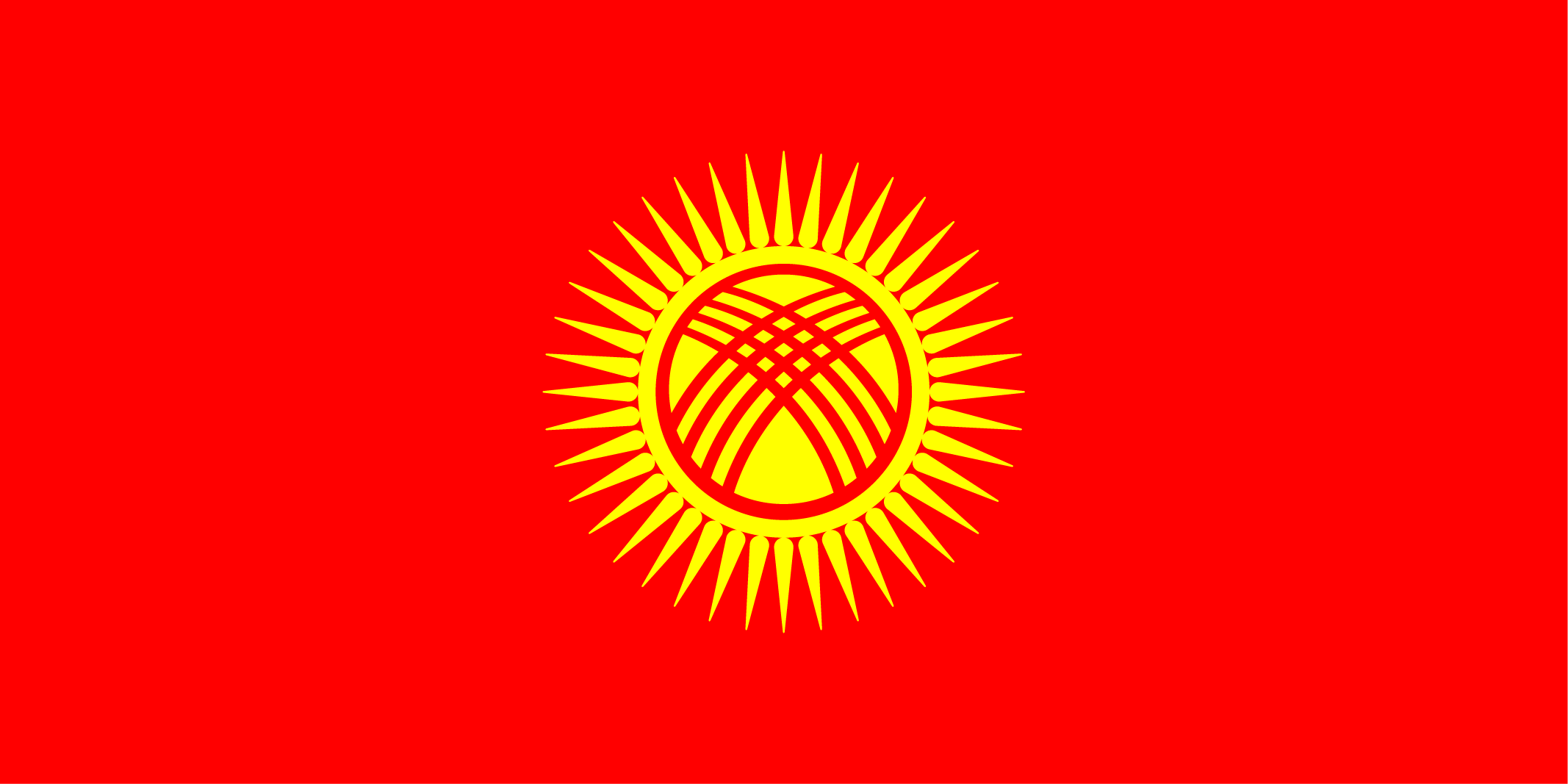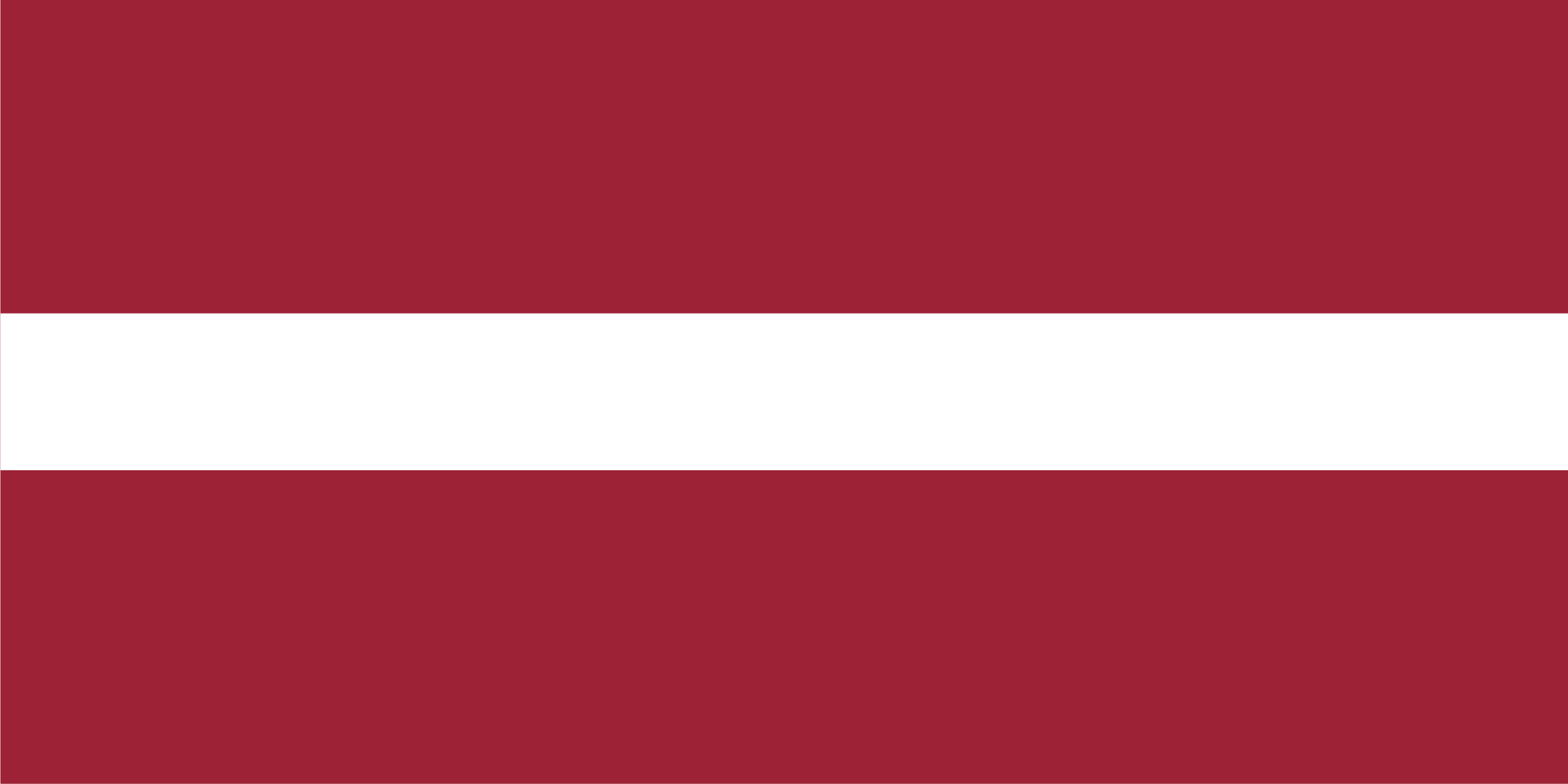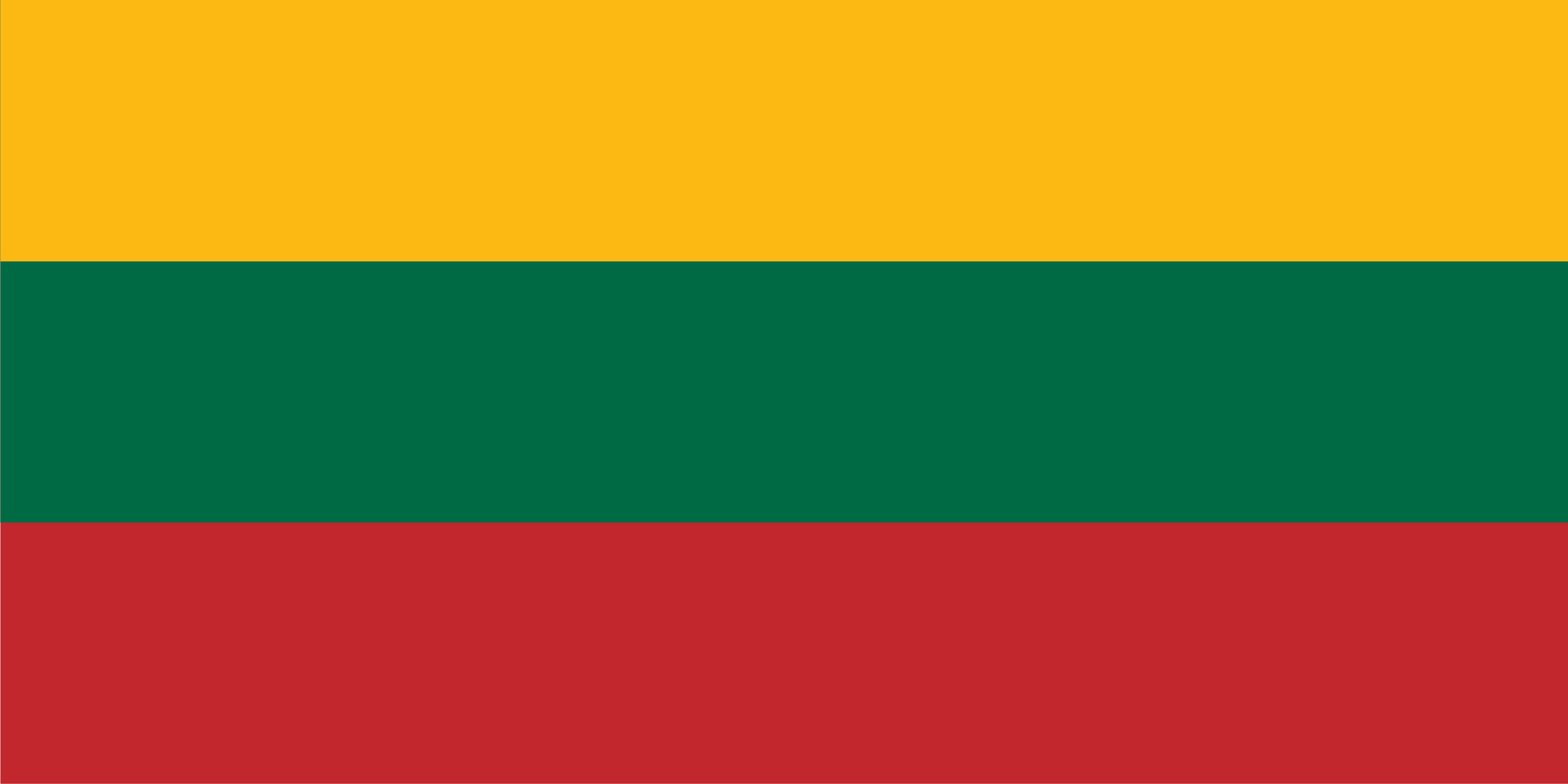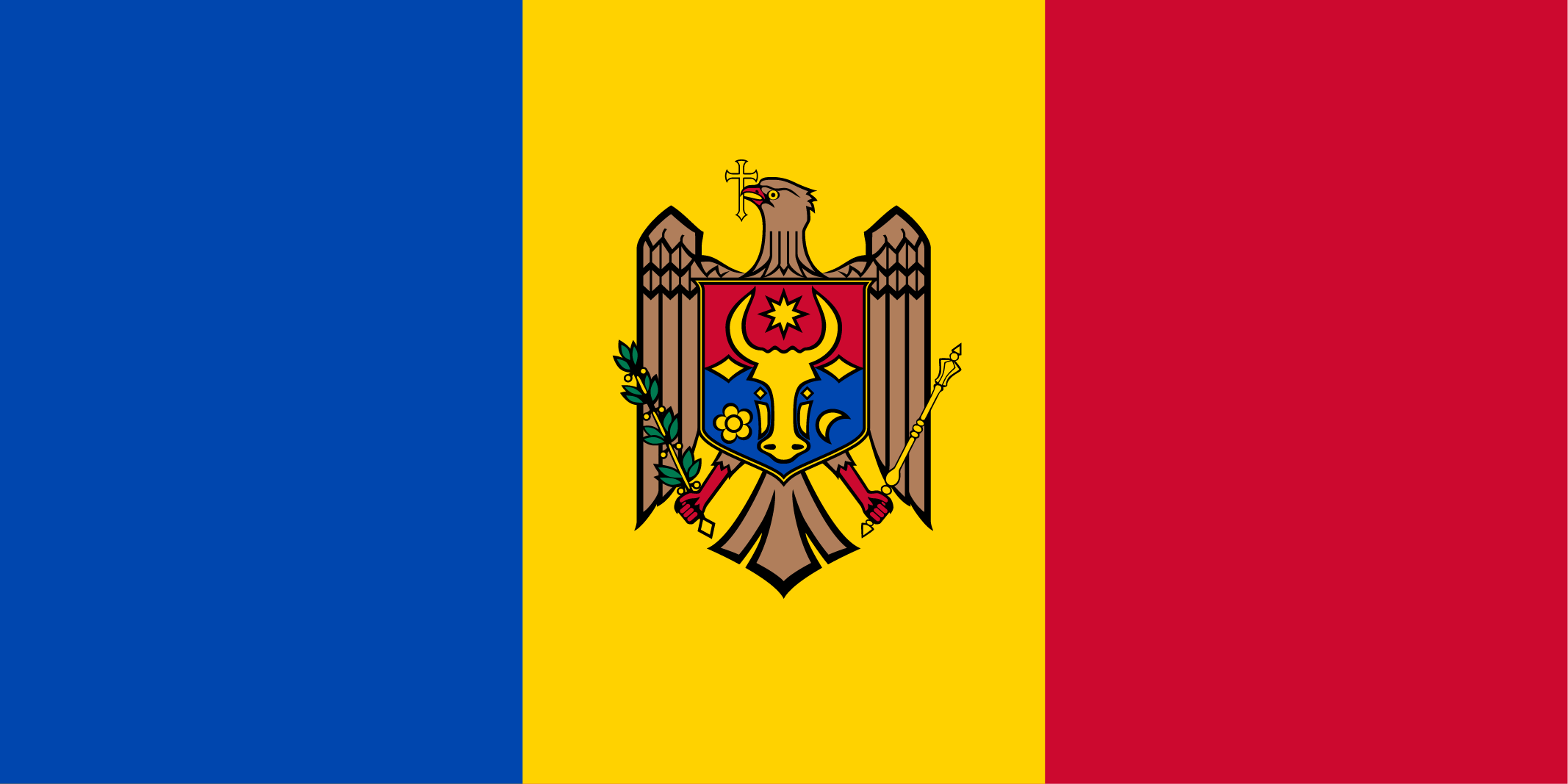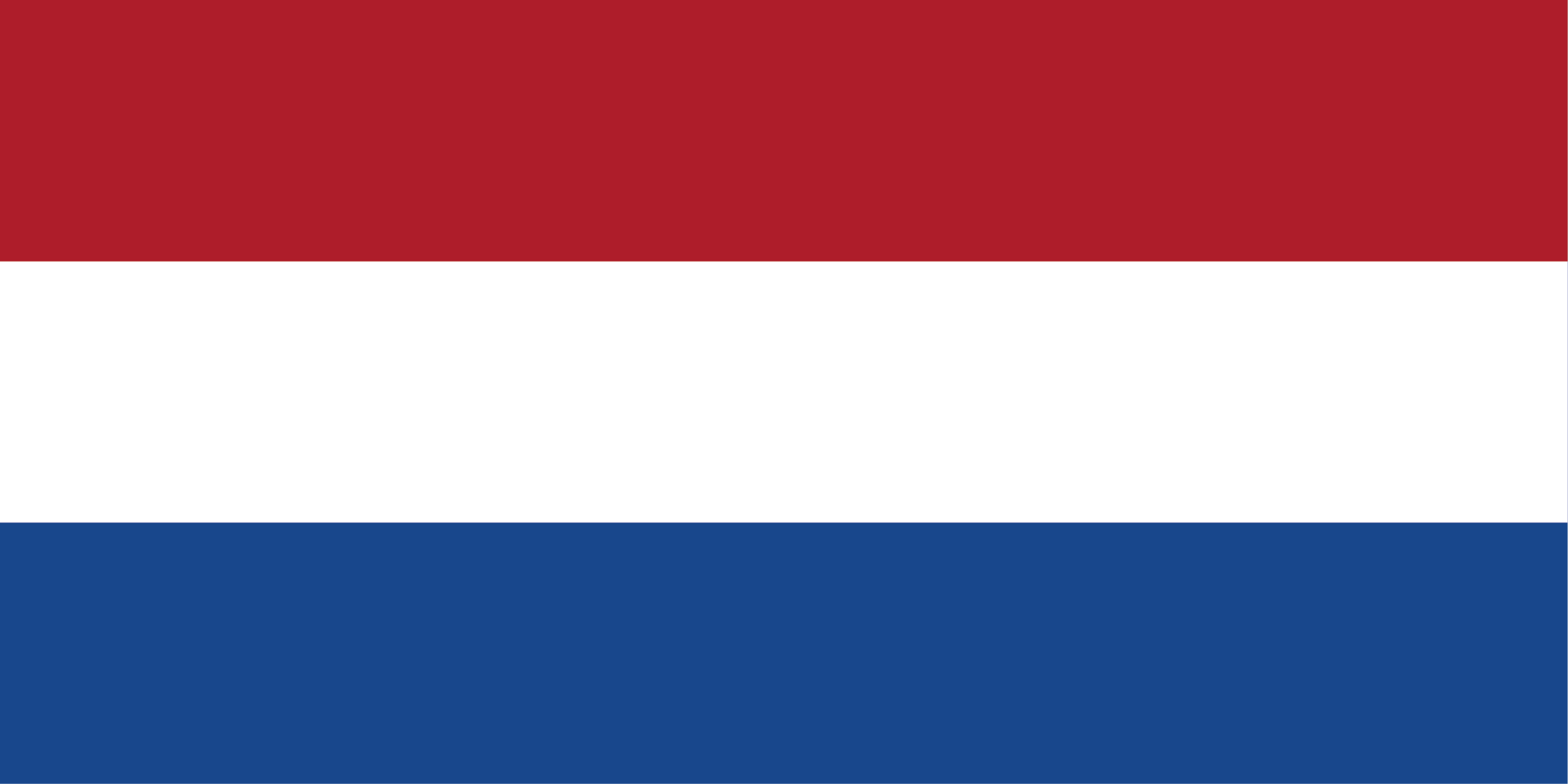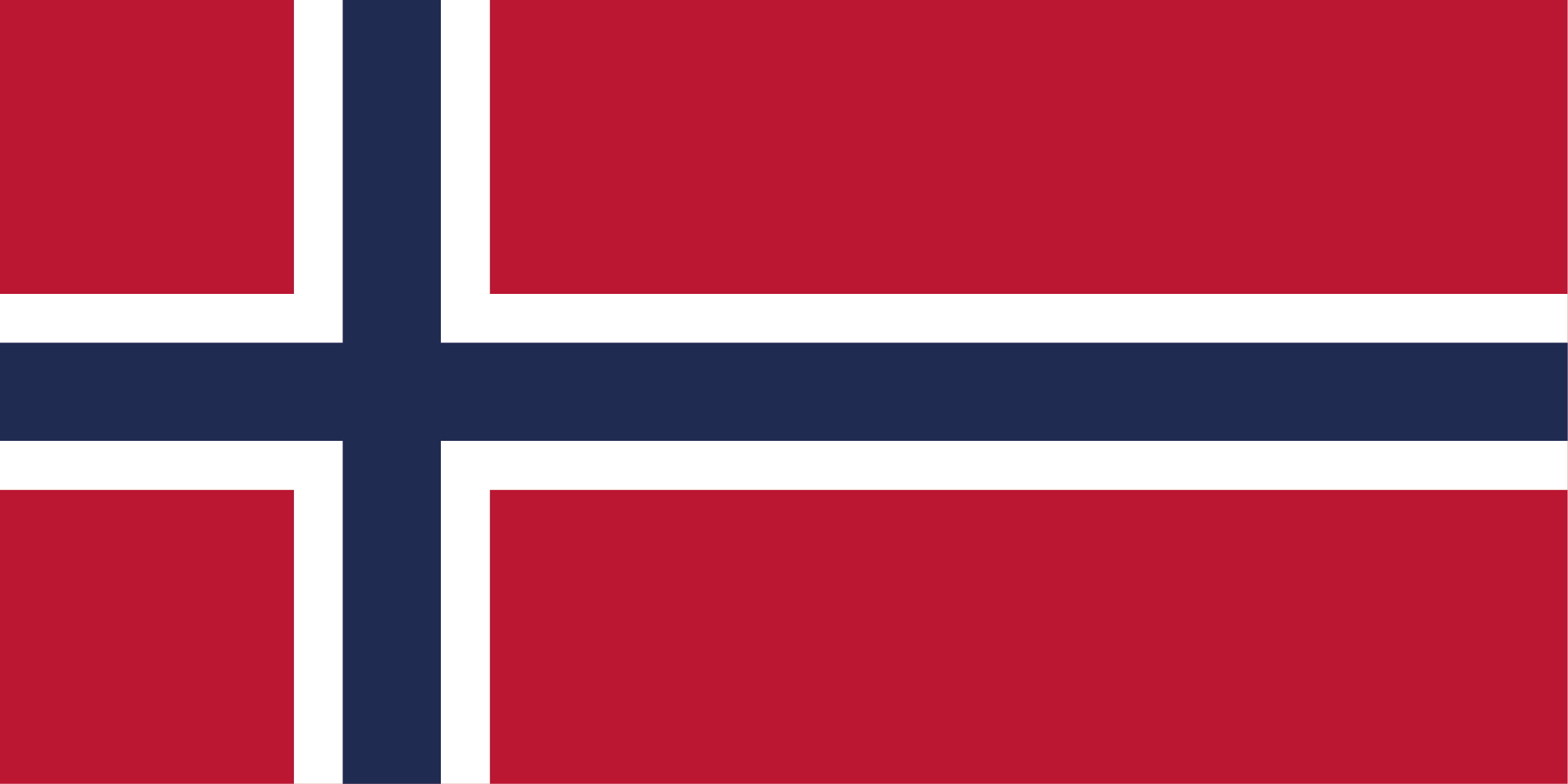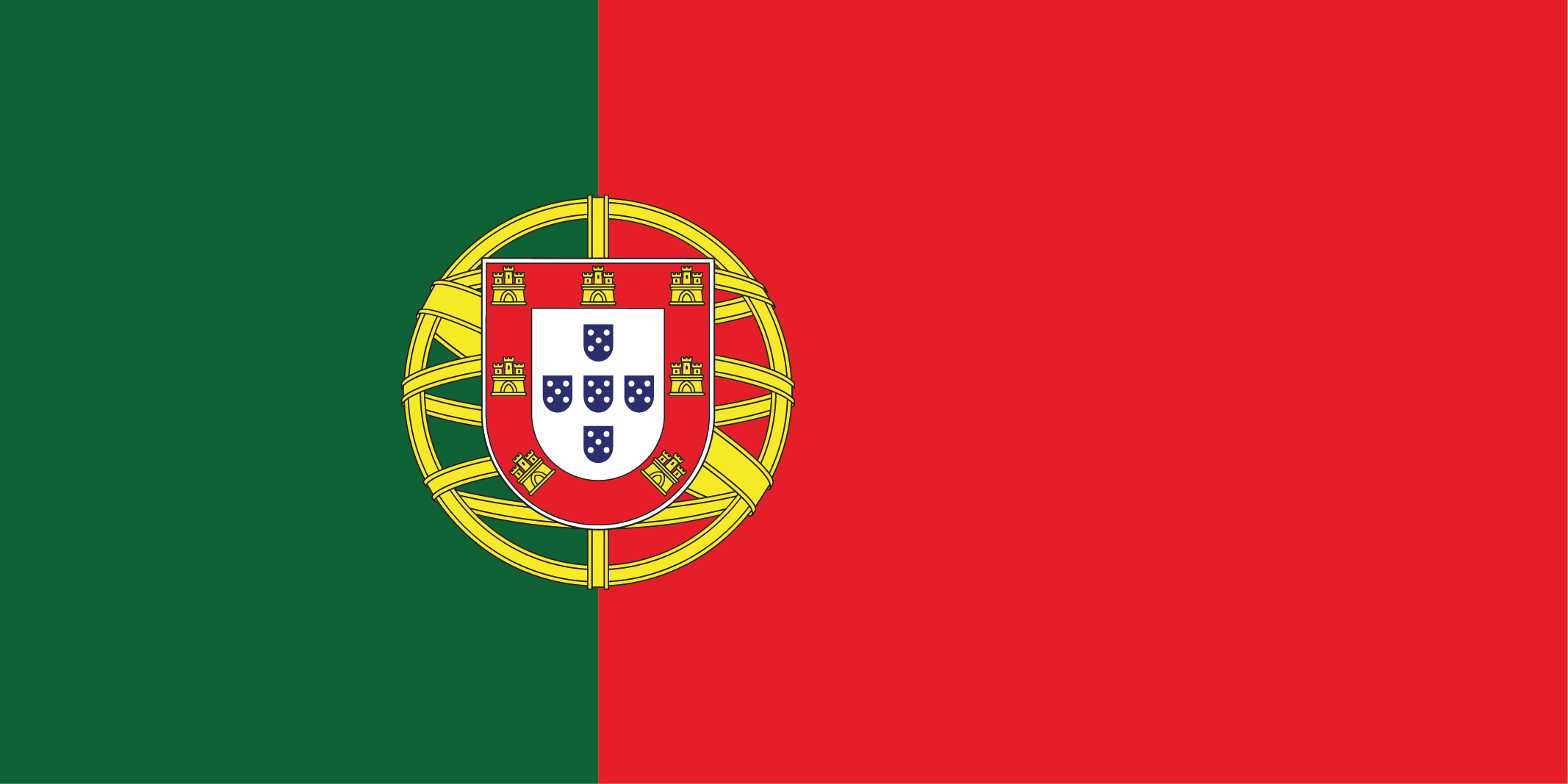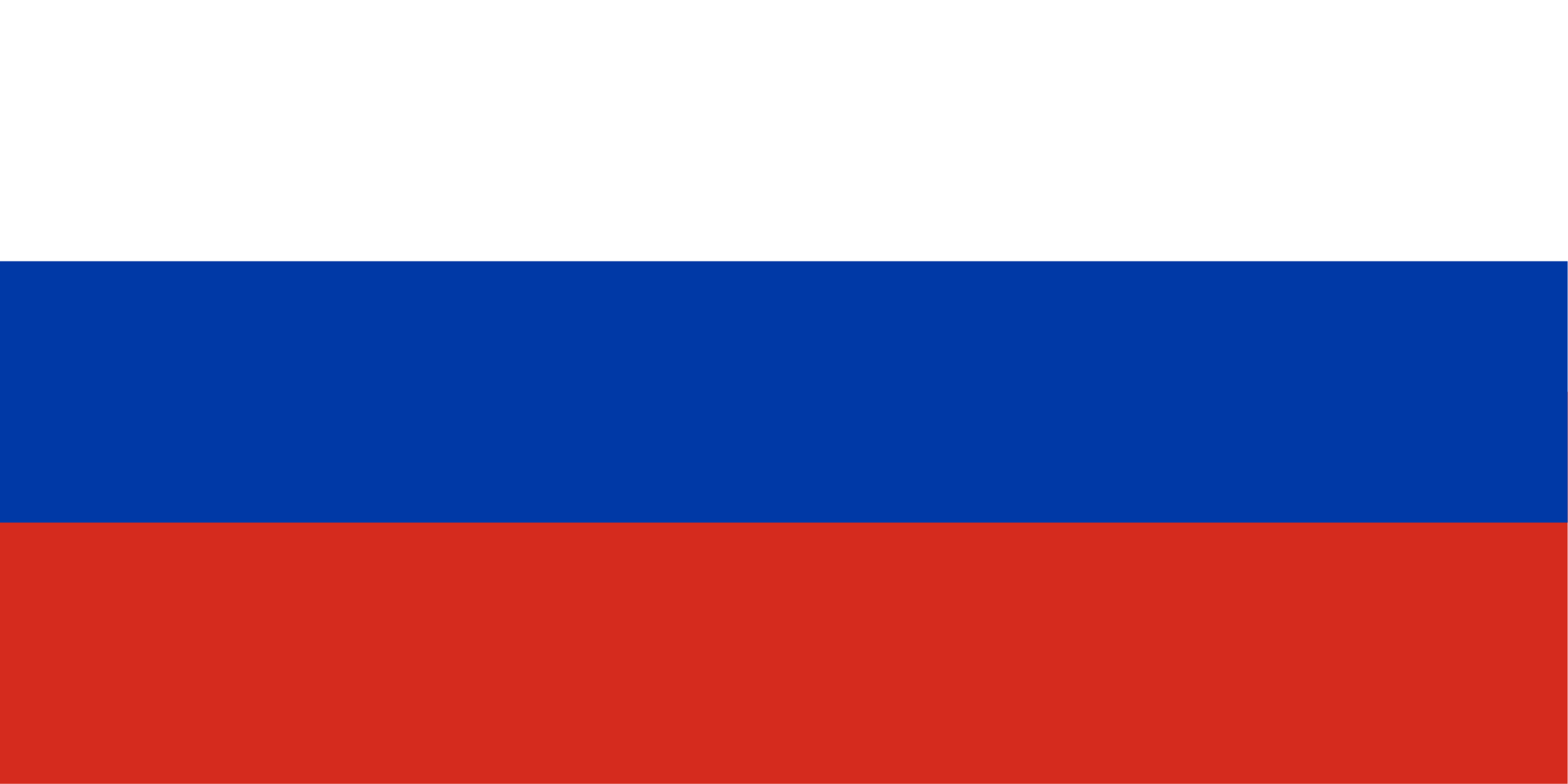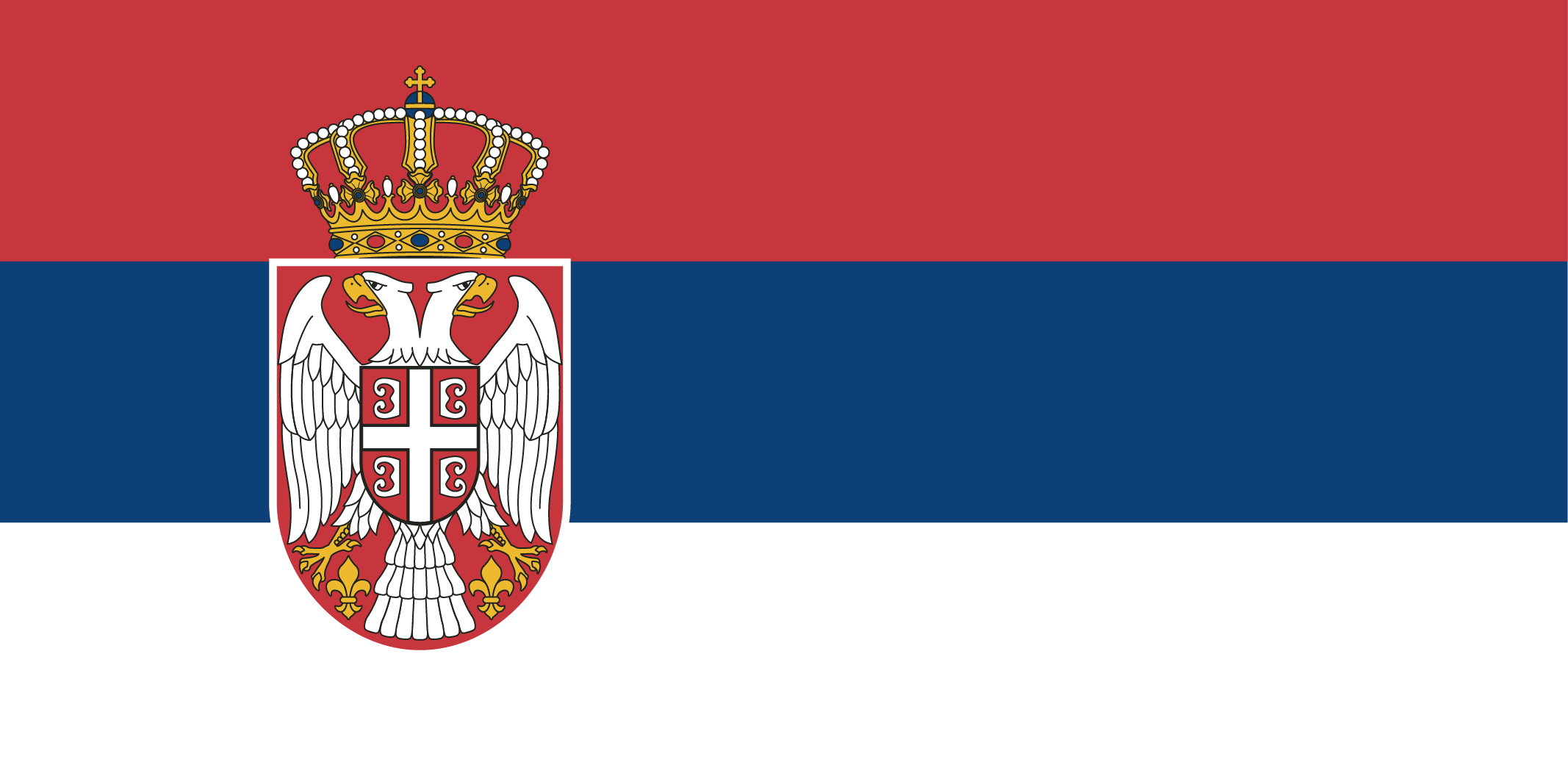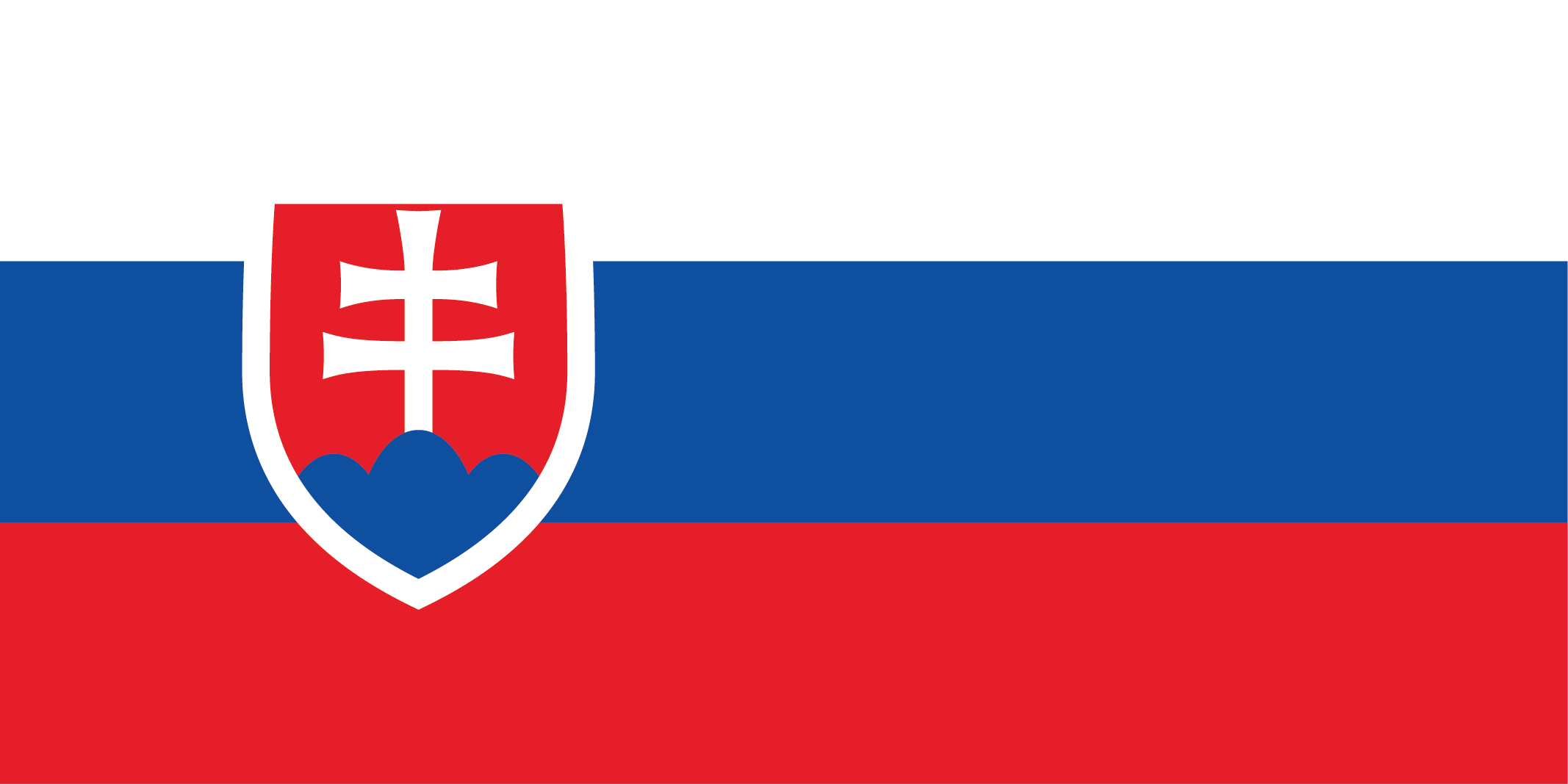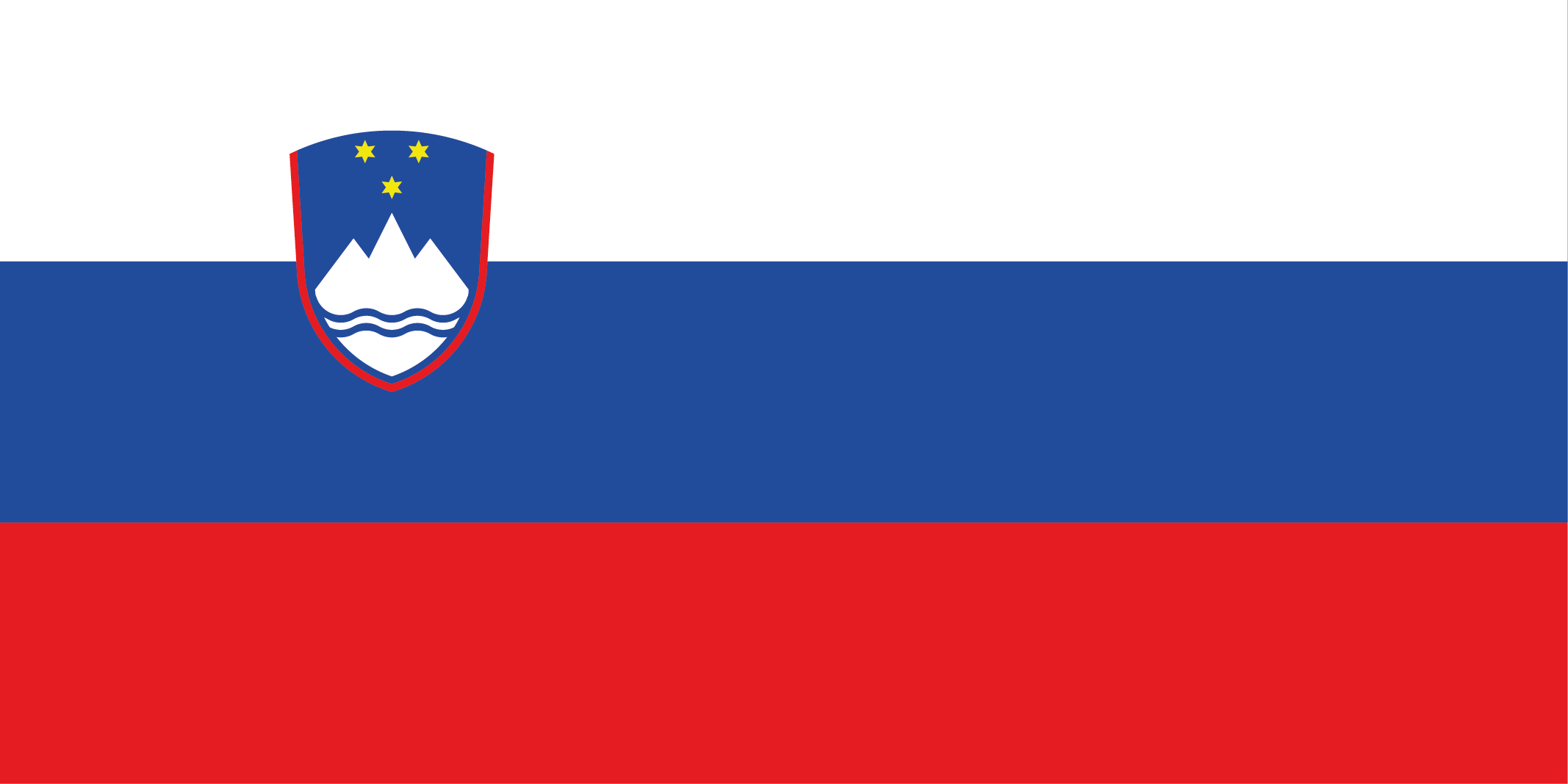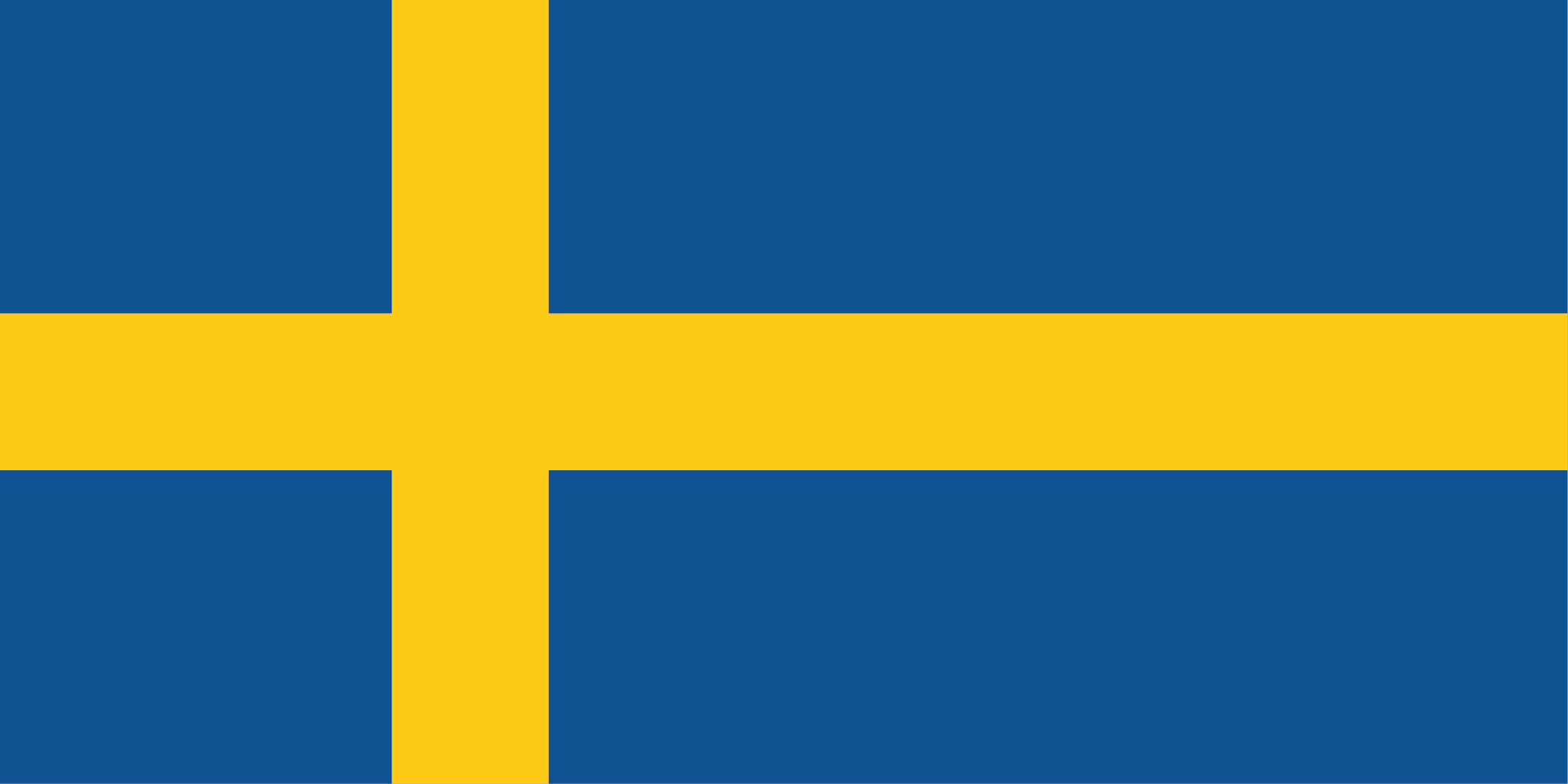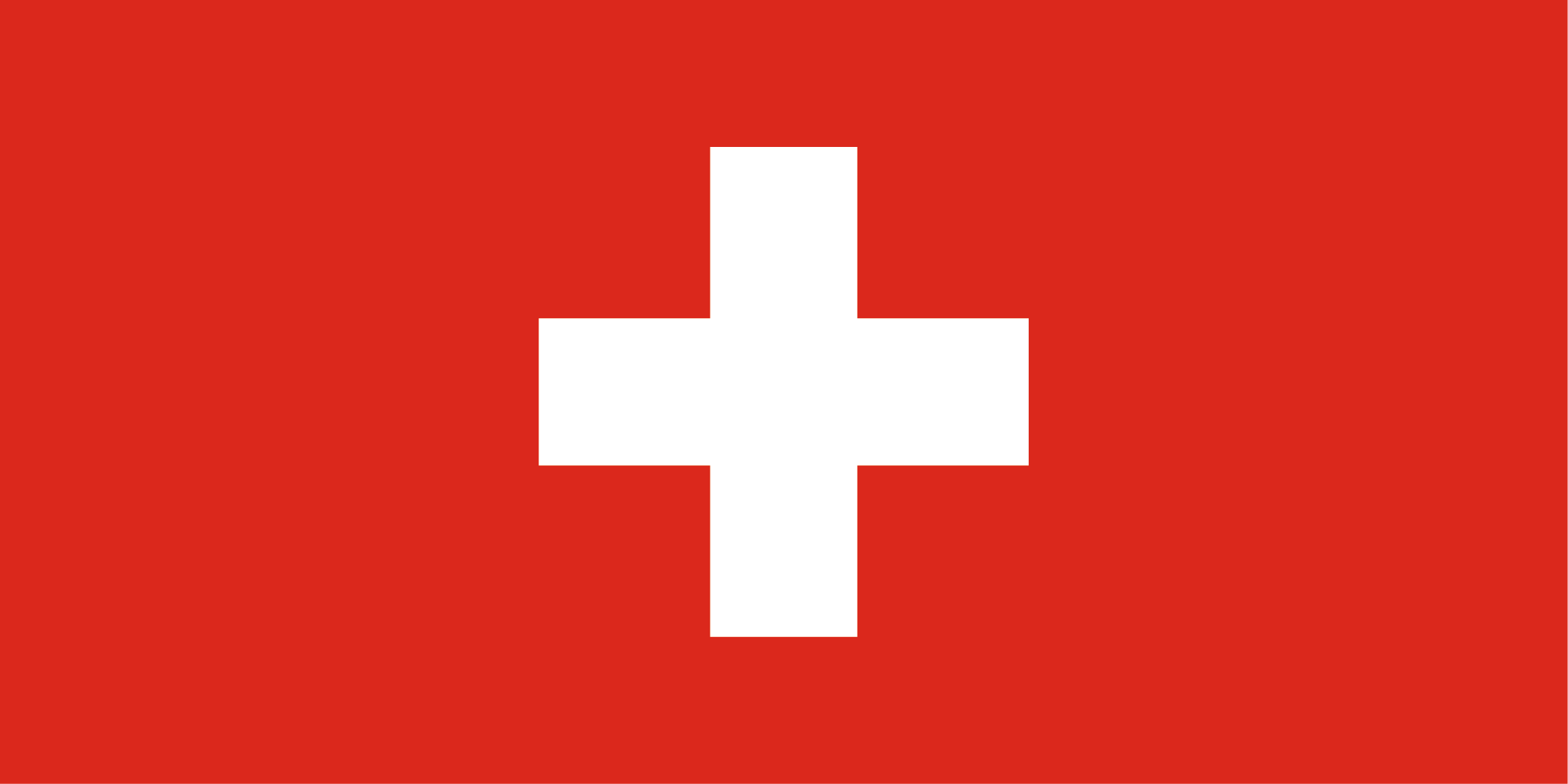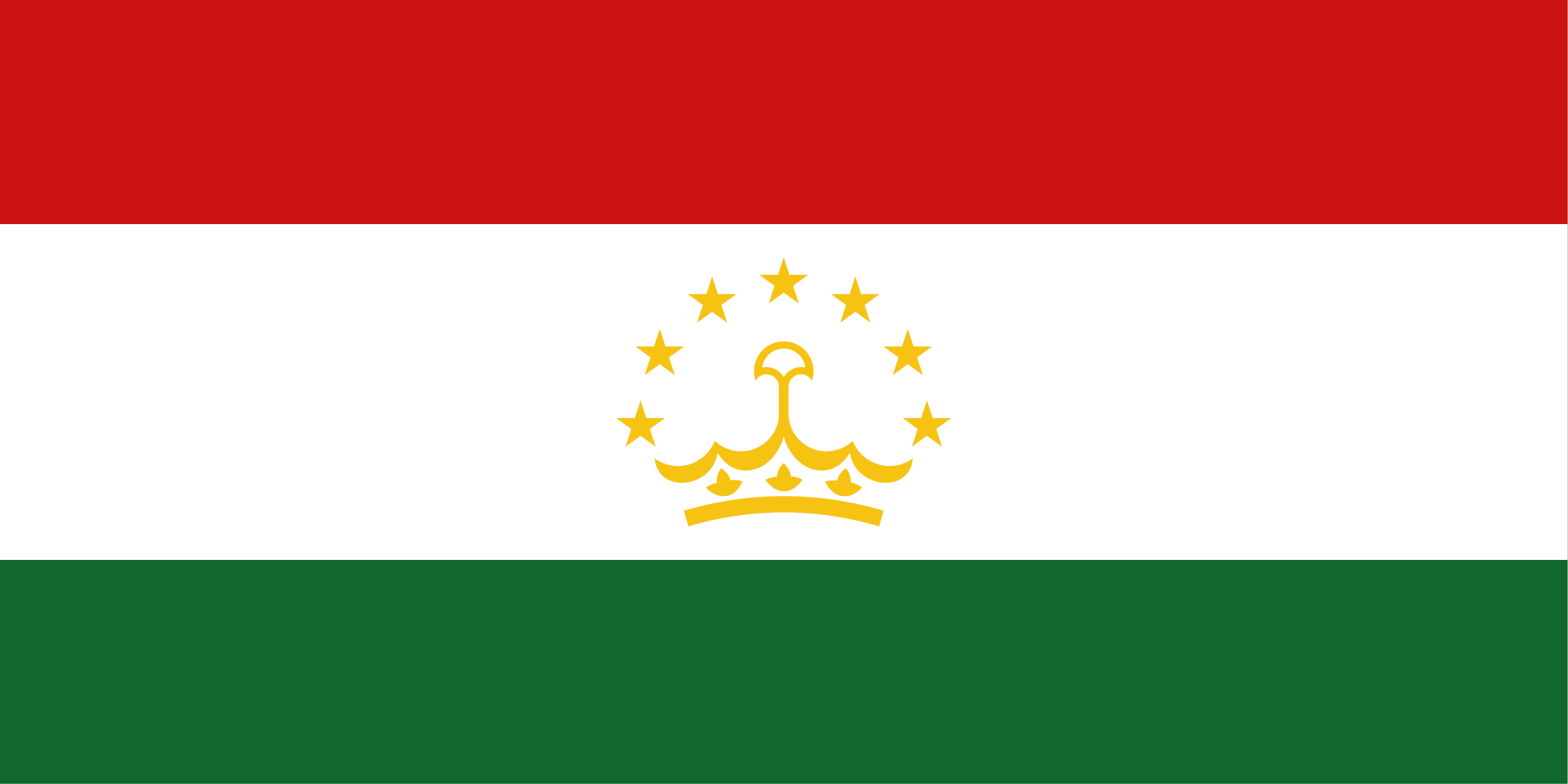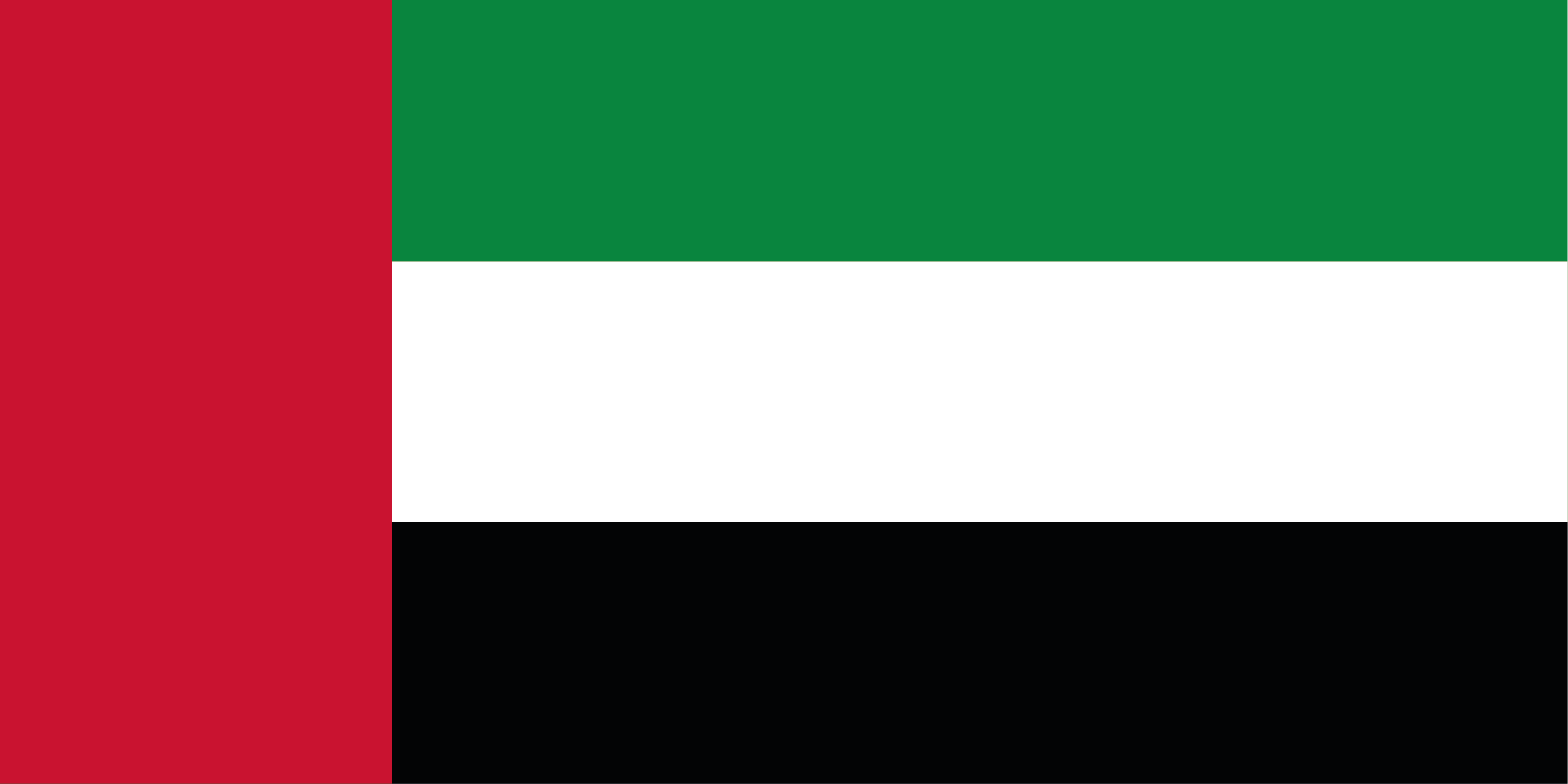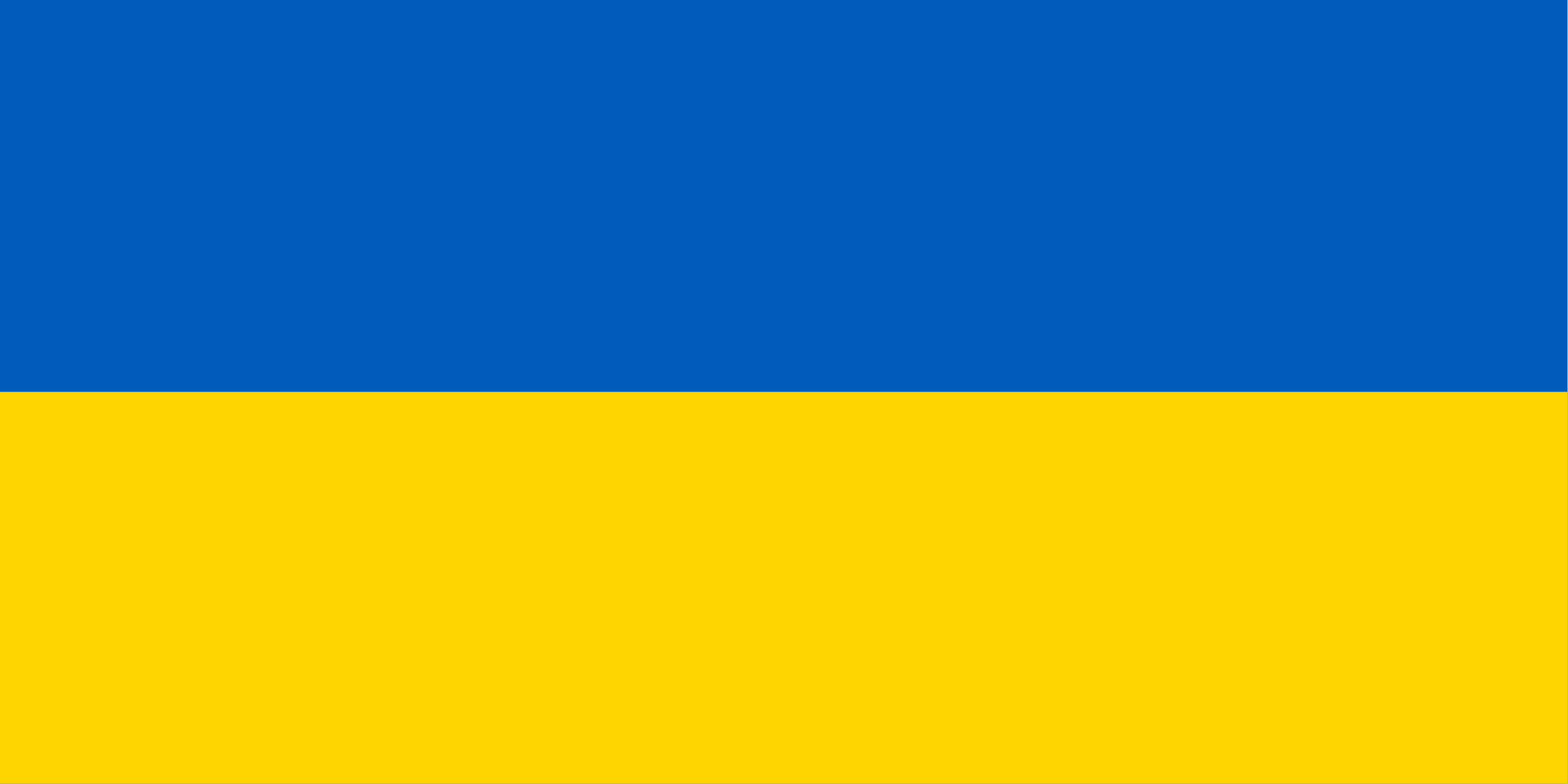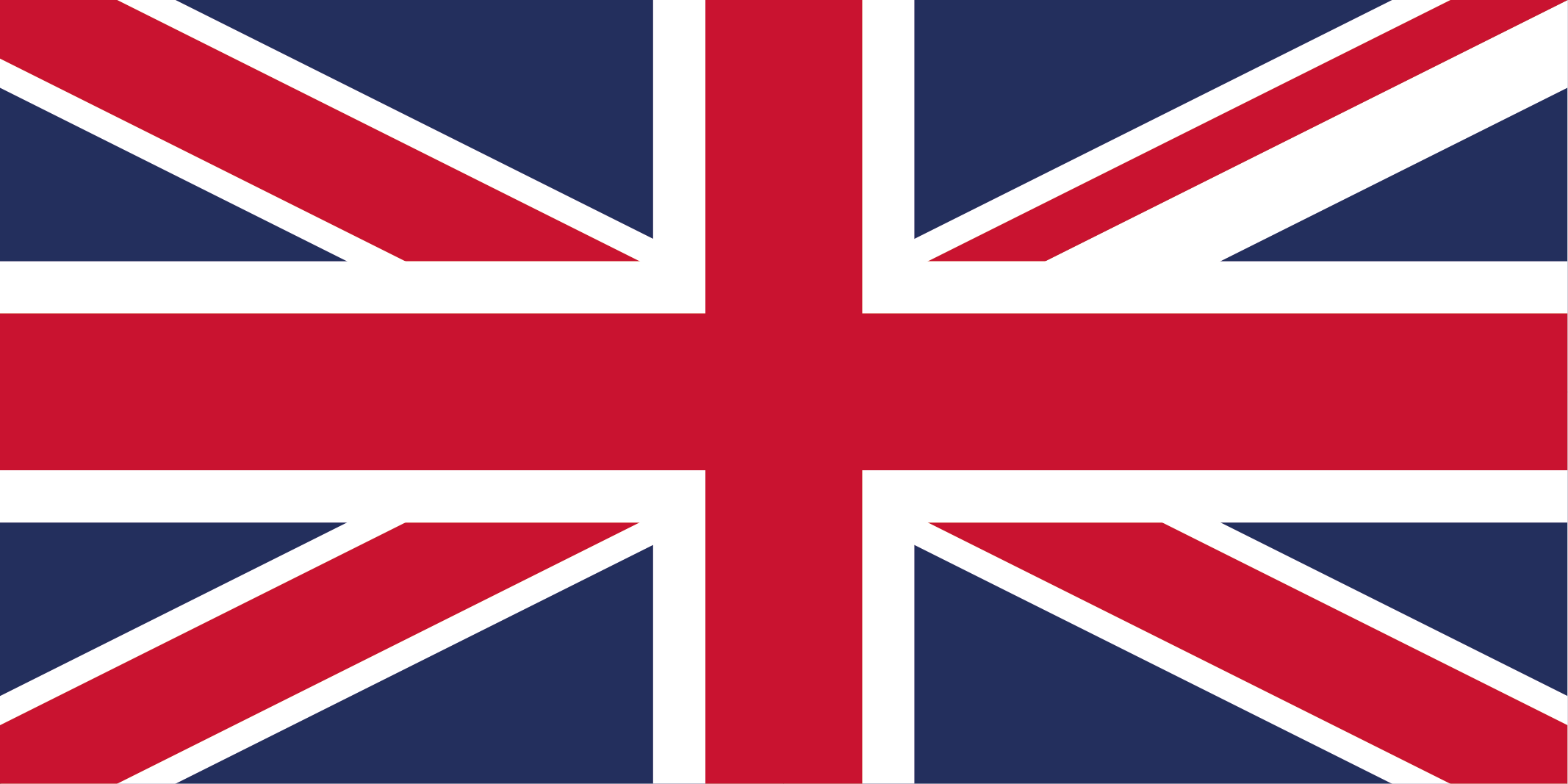Transportation of the Deceased from Lithuania: Organization, Documents, and Support
Loss Abroad: How to Act in a Difficult Moment
The death of a close person is always shocking, and when the tragedy happens abroad, a multitude of organizational tasks arise. When it comes to the transportation of remains, quick decisions and document processing are necessary. If the need arises to transport the body of the deceased from Lithuania, it is important to act without delay to maintain a dignified approach to organizing the farewell.
Why Transportation of Remains Requires a Professional Approach
Each case of repatriation is accompanied by a mass of legal and sanitary requirements. Improperly prepared documents, non-compliance with cargo packaging standards, or lack of permits can complicate the process. Therefore, the transportation of the deceased's body requires competent support at all stages. A professional bureau takes responsibility for preparation and processing, freeing the family from unnecessary stress.
Services Included in the Organization of Transportation
Document Preparation and Work with Consulates
Necessary papers are prepared when transporting from another country: death certificate, embalming certificate, export permits. All documents must be translated, and, if necessary, notarized. Our team interacts with embassies, morgues, and other institutions to ensure the process goes smoothly without delays.
Transporting the Body or Ashes
The remains are transported in a hermetically sealed zinc coffin or a specialized container that meets sanitary standards. We perform delivery of cargo 200 using certified transport. If the delivery of an urn with ashes is needed, consular permits are not required, which simplifies and accelerates the process.
Stages of the Deceased's Body Transportation Process
Preparation of the Body and Document Processing
Upon notification of death, specialists begin gathering information and preparing the paperwork. A medical examination is conducted, a coffin is prepared, hygiene treatment is performed, and embalming is carried out if necessary. This is a mandatory condition for transporting the body across the border.
Permits and Transportation
In the final stage, permits for import/export are obtained. Transportation can be carried out by ground, air, or, in some cases, sea methods. All procedures are carried out in strict accordance with international requirements and sanitary standards.
Transportation of Ashes: Features and Advantages
If a decision is made for cremation, transporting ashes has its advantages. The procedure does not require permits from diplomatic missions, and the urn itself is transported much more easily. Nevertheless, accompanying documents must be available, and the packaging must comply with the standards for transporting human remains.
Government Assistance in the Absence of Insurance
When the deceased did not have an insurance policy, the expenses fall on the family. In such cases, financial support from local authorities can be arranged. To receive the assistance, an invoice, income statements of the family, and a death certificate must be provided. The amount of assistance is limited to a specified minimum, and its provision is regulated by social services.
Additional Funeral Services
- Consultations at any time of the day;
- Support at all stages of processing;
- Organization of farewells before or after transportation;
- Logistics, coordination with institutions and customs authorities.
Why Choose Us for Transportation Organization
Years of experience, individual approach, and comprehensive service are the main reasons why families trust us. We work without intermediaries, ensuring the prompt processing of all necessary procedures. Our specialists accompany the process from the first call to the last stage of the funeral, including coordination with foreign institutions.
Frequently Asked Questions about the Transportation of Remains
What are the delivery times?
Delivery times depend on the country of departure, the nature of the situation, and the chosen method of transportation. Usually, the process takes from a few days to a week.
Can I say goodbye to the deceased?
Yes, relatives can hold a farewell ceremony before the body is sent or after its arrival at the burial site. Farewell is possible at the morgue or in the funeral home.
Is cremation mandatory?
No, the choice between cremation and traditional burial is left to the family. We provide both options while adhering to all norms and regulations.
Beginning the Transportation Process
To begin processing, it is necessary to contact our specialist. We will clarify the circumstances, advise the necessary steps, assist with documents, and provide all information about the procedure. Trust the organization to professionals, and you will be able to peacefully say goodbye to your loved one.






